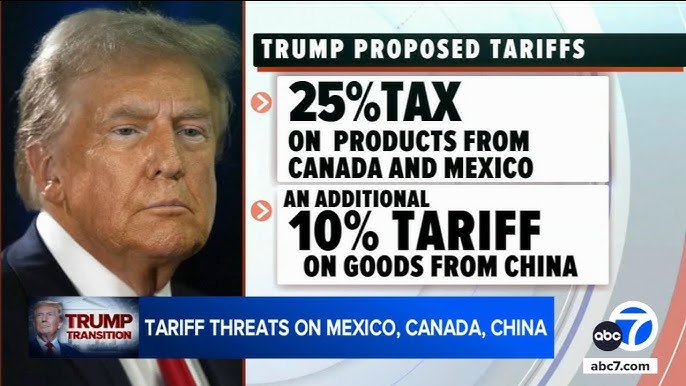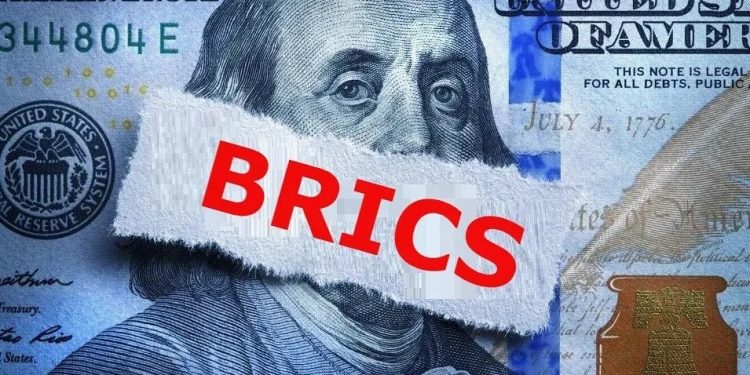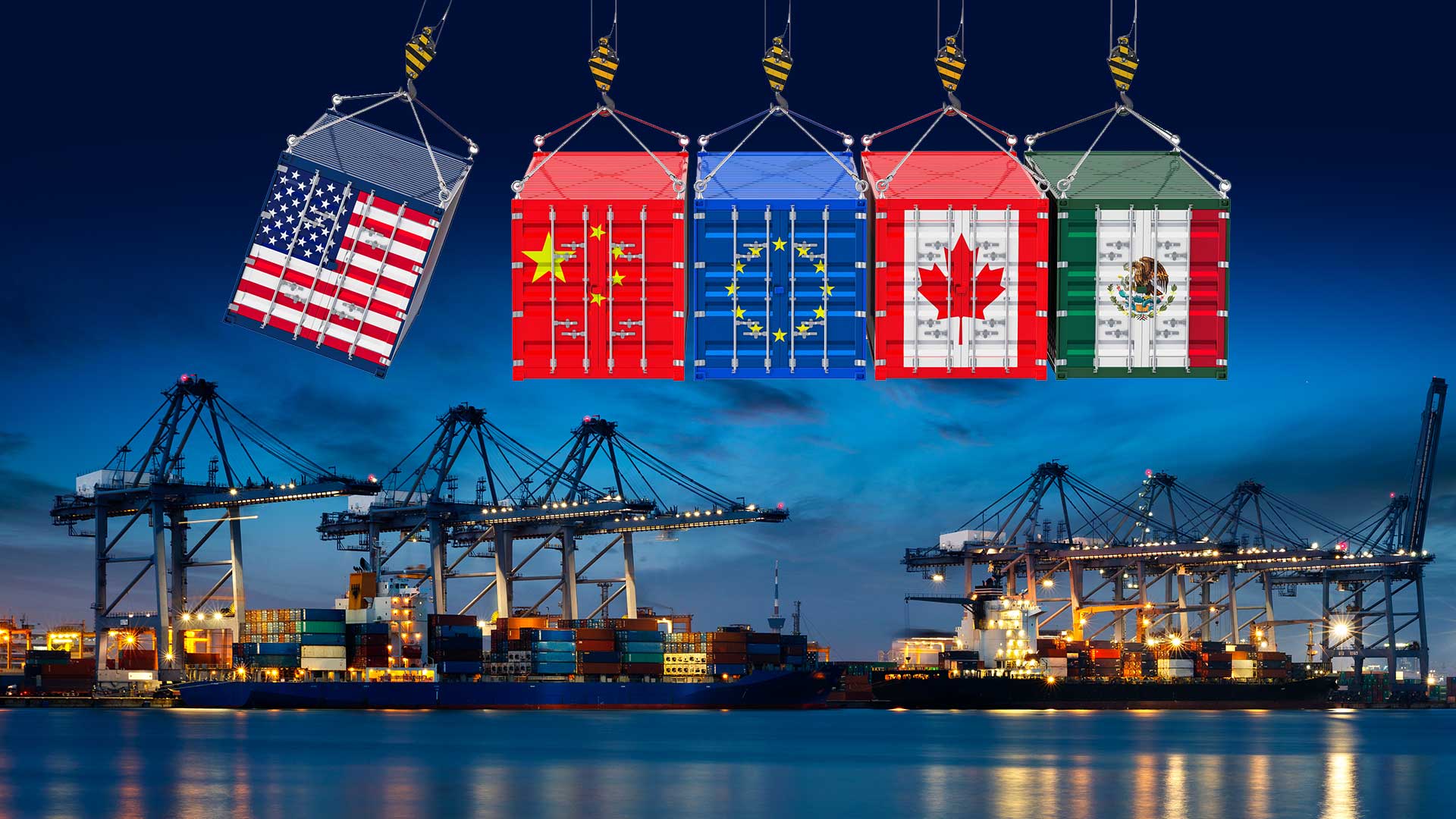
Dan Steinbock, Founder, Difference Group
Feb 21, 2025
At the wake of the 2008 financial crisis, investor Warren Buffett warned of derivatives as weapons of financial mass destruction. President Trump's "reciprocal tariffs" could have a similar impact on world trade.
Stephen Roach, Senior Fellow, Yale University
Feb 13, 2025
It’s impossible to predict the outcome of a random experiment. Yet that is the task that awaits us as we try to make sense of another Donald Trump era.
Carla Norrlöf, Professor of Political Science at University of Toronto, non-resident senior fellow at Atlantic Council
Feb 13, 2025
In a dramatic escalation of trade tensions, US President Donald Trump has imposed an across-the-board 10% tariff on goods from China, threatened a 25% tariff on imports from Canada and Mexico, and vowed similar measures against the European Union. His stated objective is to secure deals to halt the flow of drugs and unauthorized immigration into the United States, suggesting that tariffs will now be an instrument of border security. But trade barriers on this scale could destabilize global markets, drive up prices for American consumers, and potentially drag the US – and the world – into recession. In betting that the potential economic fallout is worth the gains in border security, Trump is gambling with America’s long-term influence and prosperity.

Warwick Powell, Adjunct Professor at Queensland University of Technology
Feb 13, 2025
In a social media post on January 30, 2025, US President Donald Trump threatened 100% tariffs on BRICs countries unless they committed to “neither create

Yuan Sha, Associate Research Fellow, Department for American Studies, China Institute of International Studies
Feb 13, 2025
Given the deadly and complex nature of the U.S. fentanyl crisis, overcoming challenges and making the best of cooperation have become daunting tasks. The United States needs to act to stem domestic demand instead of accusing China of complicity.

Dan Steinbock, Founder, Difference Group
Feb 07, 2025
By trying to weaponize the U.S. tariffs on America's big trade partners against China, President Trump is basing bad economics on worse geopolitics. It could prove a costly prelude to a global downturn.

He Weiwen, Senior Fellow, Center for China and Globalization, CCG
Jan 28, 2025
China and the U.S. should not entangle themselves in trade imbalances and tariffs but find a new, innovative perspective. The future will be shaped by AI, big data, quantum computing and telecom. Both countries have tremendous common interests.
Zhu Wenli, Research Fellow at Institute of International and Strategic Studies and Professor of School of International Studies, Peking University
Jan 27, 2025
Among the many factors pointing to economic uncertainty, the most significant is the tariff and trade war that Donald Trump has pledged to initiate. At the same time, from a global perspective, the overall macroeconomic situation improved over the past year and could continue in a positive direction.
Doug Bandow, Senior Fellow, Cato Institute
Jan 27, 2025
China's tightening economic controls, lack of transparency, and foreign investment challenges could strain its global economic relationships and exacerbating tensions with the U.S. and its allies. Additionally, there’s increasing skepticism about China's growth and business environment, potentially accelerating economic decoupling and mutual losses for both China and the West.

Roberta Lipson, Chair, The American Chamber of Commerce in China
Jan 17, 2025
In an era of growing tensions between the United States and China, Roberta Lipson brings a valuable perspective shaped by decades of experience across the two cultures. As an American who has spent nearly half a century in Beijing building a network of 11 hospitals and 25 clinics, Lipson understands the complex interplay between business, healthcare, and international relations. In this conversation with KJ Kerr of China-US Focus on the sidelines of the U.S.-China Hong Kong Forum in November, she speaks about her remarkable journey and offers thoughtful analysis on the future of bilateral relations amid uncertain political times.
Back to Top

- China-US Focus builds trust and understanding between the U.S. and China through open dialogue among thought leaders.
- Our Offerings
- Topics
- Videos
- Podcasts
- Columnists
- Research Reports
- Focus Digest
- Stay Connected
-
Thanks for signing up!
- Get the latest stories from China-US Focus weekly.